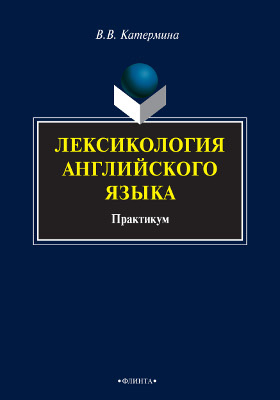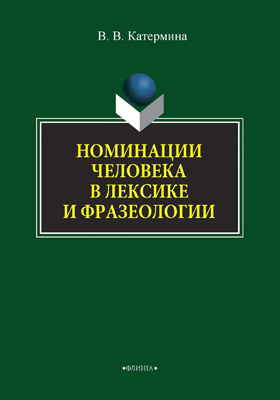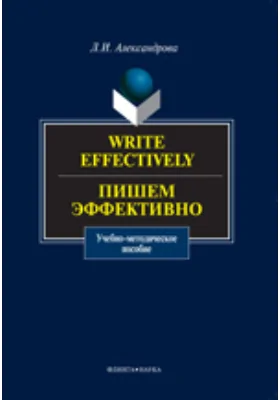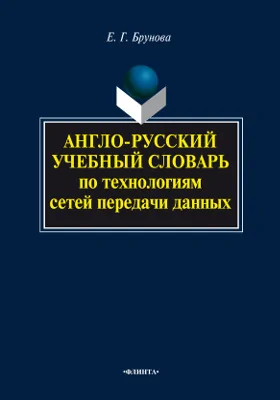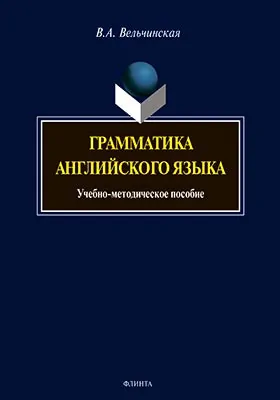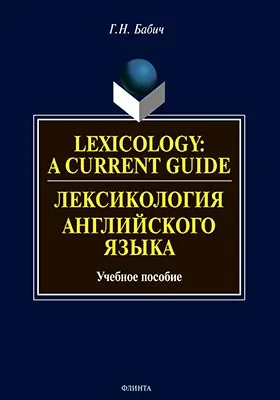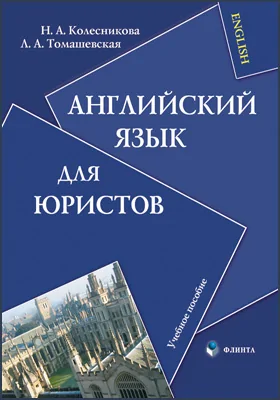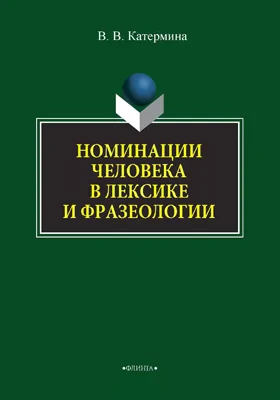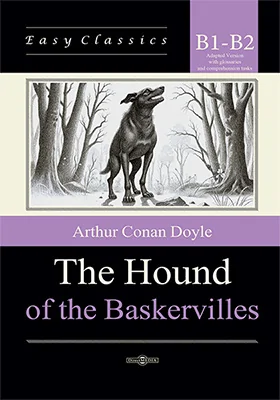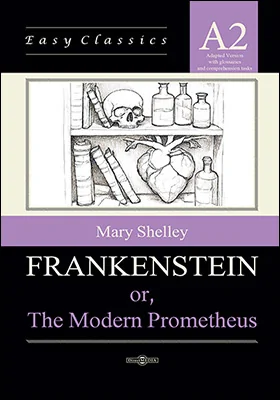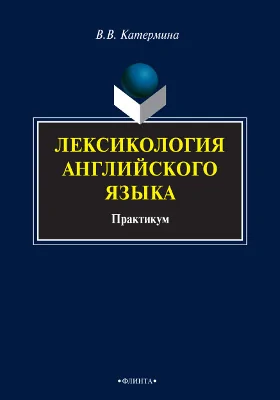
Лексикология английского языка
Здесь можно купить книгу "Лексикология английского языка" в печатном или электронном виде. Также, Вы можете прочесть аннотацию, цитаты и содержание, ознакомиться и оставить отзывы (комментарии) об этой книге.
Место издания: Москва
ISBN: 978-5-9765-0844-6
Страниц: 119
Артикул: 11311
Возрастная маркировка: 16+
Краткая аннотация книги "Лексикология английского языка"
В практикум вошли упражнения для семинарских занятий по английской лексикологии. Материал подобран по разделам: морфология, семасиология, этимология, лексикография. Пособие призвано помочь студентам в практическом овладении основами лексикологии.Для студентов филологических факультетов университетов и факультетов иностранных языков пединститутов.
Содержание книги "Лексикология английского языка "
Preface
1. Morphology
1.1. Morphemes
1.2. Morphological Processes
2. Semasiology
2.1. Meaning and Reference
2.2. Diction and Tone
3. Etymology
3.1. Historical Development
3.2. Loanwords
4. Lexicography
4.1. How To Use Dictionaries
4.2. A Brief History of English Lexicography
5. Reference Material
Glossary
Recommended Literature
Все отзывы о книге Лексикология английского языка
Отрывок из книги Лексикология английского языка
2726meaning. If they had, then the identity of “the Morning Star” and “theEvening Star” would be as obvious to anybody who understands thesephrases as the identity of “a vixen” with a female fox or “a bachelor” withan unmarried man is obvious to speakers of English. As it is, the identityof “the Morning Star” with the “Evening Star” is a scientific and not a lin-guistic matter. Thus, even in the case of names, or expressions equivalentto names, one has to distinguish between the denotation (reference, exten-sion) of the name — i.e., the object (or group of objects) it refers to — andits connotation (sense, intentiom) — i.e., its meaning.The second problem with the theory of referential meaning arisesfrom phrases that, though meaningful, pretend to refer but, in fact, donot. For example, in the case of such a definite description as “thepresent king of France,” the phrase is meaningful although there is nosuch a person. If the phrase were not meaningful, one would not evenknow that the phrase has no actual referent. Russell’s analysis of thesephrases, and the U.S. philosopher Willard V. Quine’s similar treatmentof such names as Cerberus, effectively detached meaning from referenceby claiming that these expressions, when used in sentences, are equiva-lent to a set of existential propositions; i.e., propositions without defi-nite reference. For example, “The present king of France is bald” comesout as “There is at least, and at most, one person that rules over France,and whoever rules over France is bald”. These propositions are mean-ingful, true or false, without definite reference.Names, in fact, are very untypical words. The name of the third Secre-tary General of the United Nations, U Thant, has no meaning in English.Whether it means anything in Burmese does not matter either; the referenceis not affected by the meaning or the lack of meaning of the name. Names,as such, do not belong to the vocabulary of a language; most dictionaries donot list them. Thus, in sp...
С книгой "Лексикология английского языка" читают
Внимание!
При обнаружении неточностей или ошибок в описании книги "Лексикология английского языка (автор Вероника Катермина)", просим Вас отправить сообщение на почту help@directmedia.ru. Благодарим!
и мы свяжемся с вами в течение 15 минут
за оставленную заявку

